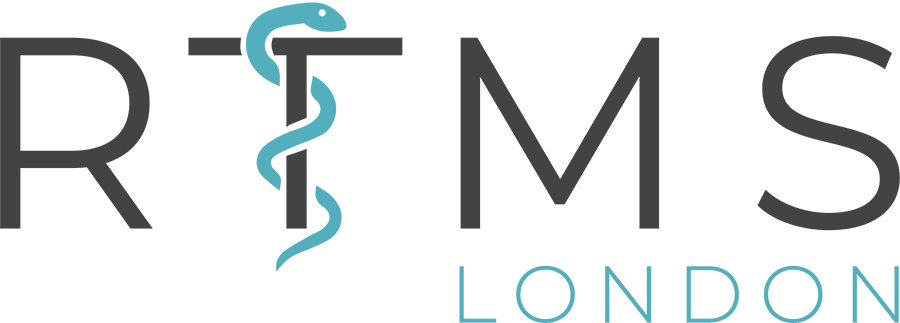Cardiovascular Exercise for Fibromyalgia
Research regularly finds that cardiovascular exercise is beneficial for people with fibromyalgia syndrome (FMS), but when two of the main symptoms are widespread pain and fatigue, this is often much easier said than done. In this article we will look at some effective ways to combat this problem, as well as giving you the tools you need to begin to make positive changes.
The Big Problem
Many people with FMS report that exercise leaves them exhausted and in more pain than when they started. By understanding the reasons for this, we can begin to figure out some possible solutions.
Much of the pain experienced by people with FMS is thought to be due to a phenomenon known as central sensitisation, which essentially means overactivity in the areas of the brain responsible for processing pain. This can mean that the normal, harmless micro-injuries to muscles and joints that occur during exercise can be amplified to the point that they are incredibly painful. This can often leave people feeling stuck, as the exercise that has been recommended to them ends up making their symptoms worse.
Consider Low Impact Exercise
Having understood the reason for the pain, possible solutions begin to become clear. The first is to consider the type of exercise that you choose to do. High impact activities such as running, jumping or contact sports will generally put greater strain on the muscles and joints, resulting in more micro-injuries for the sensitised brain to process. Lower impact activities such as walking, swimming or cycling can therefore be a better choice, as they are likely to result in less strain on the body, and therefore less pain. It is important to remember that any new form of exercise may initially result in some discomfort, as the body adapts to the demands of the different movement, so do not be put off if you feel some soreness on your first few attempts. This should ease as your body gets used to the new activity.
Start Small
Whenever you begin to exercise, your body will take some time to adjust, and this effect is even greater for people with FMS. For this reason it is essential that you do not try to do too much too soon, no matter how tempting it may be. It is often very difficult to figure out what your limits are while you are doing the exercise, as many of the effects will not be felt for up to 48 hours after you stop. With this in mind, start off with a really low level of exercise, and give your body a couple of days afterwards to respond. If you do not feel any negative effects, then next time do a little bit more, and continue to slowly build up until you find an intensity that works for you. If you increase the intensity and find that you do react negatively, simply reduce it for the next session and continue from there. Once you have found an intensity that works for you, begin to build up slowly from there, increasing the length or intensity of the exercise very gradually (5% per week).
Consistency is Key
Do not forget that progress never happens in a straight line. You will have good days and bad days, when the same level of exercise will affect you very differently, but it is crucial that you do not to let this put you off. It is important to listen to your body, taking it easy on days when you have less energy, and not getting too carried away on days when you feel better. Focusing on consistency is the key to making long lasting healthy changes.
Why is Exercise Important?
Cardiovascular exercise has been shown to improve fatigue, poor sleep, depression and anxiety, and help reduce pain, so it is no surprise that it is recommended for people with FMS so often. Research consistently finds that people who follow an exercise programme are able to improve their FMS symptoms, as well as enjoying all of the other health benefits that exercise provides.
Here at RTMS London, we find that exercise makes a significant difference to many of our patients, especially when it is combined with our ground-breaking brain stimulation treatment. Our experts can work with you to build a bespoke exercise plan that fits around your life, so please contact our friendly team for more information.
Posted on 15th February 2022
